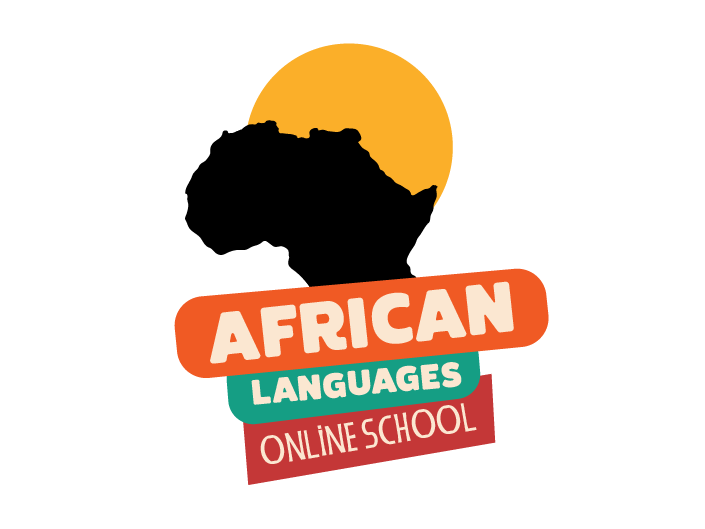Address
The Purple Tree, 1015 Stanza Bopape St, Hatfield, Pretoria 0083
Work Hours
Monday to Friday: 7AM - 7PM
Weekend: 10AM - 5PM

African Language Online School (ALOS) is an online school which has an objective of teaching diaspora Africans their respective mother languages. ALOS uses professionally trained teachers with experience in teaching in their respective countries. The material is delivered online through interactive live sessions from our studios in Africa. ALOS don’t just teach your children their mother language but also their culture through fun interactive live virtual trips to cultural and tourist sites, urban centres, rural set up etc, in the process inspiring them to embrace their identity.
The Ndebeles originated early in the 19th century as an offshoot of the Nguni of Natal. Mzilikazi…
…a Nguni military commander under Tshaka, King of the Zulu, came into conflict with Tshaka and he (Mzilikazi) was forced to flee. He migrated with his followers first to Basutho land, now (Lesotho) and then north to the Marico Valley. Mzilikazi and his people proceeded to cross the Limpopo river into the southern parts of what is now Zimbabwe, settling at various location before reaching koBulawayo, which became the capital city of the Ndebeles, established by King Lobengula who took over after his father king Mzilikazi had died. The Ndebele culture is highly similar to their Zulu origin and ancestry in KZN province of South Africa. isiNdebele is the language spoken by the Ndebele people who are mostly found in Matabeleland North, Matabeleland South and Midlands provinces of Zimbabwe.
Shona – the tribe goes by the same name as the language, and has several dialects including Korekore…
…- dialect by the Korekore people
residing in the north east region of the Zezuru area to the Zambian
boarder, Zezuru- dialect in the capital which is Harare and
surrounding Mashonaland provinces, Manyika- dialect by the people
of Manicaland province, Ndau – dialect parts of Manicaland
especially around Chipinge and Karanga- dialect spoken mostly in
Masvingo province. Language is derived from Bantu languages of
Central Africa. ChiShona is also an official language of Zimbabwe
along with Ndebele and English. It is the mother tongue of 75% of the
people in Zimbabwe.
However, from the Zezuru, Karanga and Manyika which are the 3
central dialects is where STANDARD SHONA is based. Standard
Shona is most taught in the schools, most people still express
themselves in their dialects and use standard Shona when writing.
The Kalanga or Bakalanga are a southern Bantu ethnic group mainly inhabiting Matebeland in Zimbabwe…
…and northeastern parts of Botswana. Kalanga is recognized as an official language by the Zimbabwean constitution of 2013 and is taught in schools in areaswhere its speakers predominate.
The kalanga has a dialectal variation between it Botswana and Zimbabwean varieties and they slightly use different orthographies.
Tonga – One of the tribe that was once marginalized and nearly lost identity since people…
…changed names and surnames when they mixed with other ethnic groups in both urban and rural areas.Tonga.as language,
has four dialects which include Chiwe, Chinamweemba, Chinamalundu
and Chidombe. Chiwe:- dialect by the people residing in the northern
region of Binga covering places like, stretching from Sinampande to Siamupa and Nyaminyami in Mashonaland West, Gokwe in Middlands. Chidombe:- dialect mainly spoken in Hwange district. Chinamweemba:- dialect is found in the areas around and near Binga Town which includes the following; Sinansenge, Sinakooma, Sikalenge and Siansali. Tonga Language is derived from Bantu languages belived to have migrated from East Africa down to Southern Africa. Some of the Tonga groups remained along the way in countries like, Malawi, Mozambique, and Zambia. Zimbabwean and Zambian Tonga language and culture are homogeneous with a number of similarities. Zambian and Zimbabwean Tonga are seperated by the Might Zambezi River while it was one before construction of Kariba Dam. The Tonga people of Zimbabwe are currently found in the Zambezi Valley. Tonga people in Zimbabwe can be found in seven districts in the country namely, Hwange, Binga, Gokwe North eSouth, Nkayi and Lupane. While Binga has the highest number of Tonga speaking people. The Tonga people
have been learning Shona and Ndebele as their L1 since the 1960s.
However, this is a thing of the past. The first Tonga grade 7, O’Level and A’Level national examinations were written in 2011, 2015 and 2017 respectively. Now it has infiltrated in teacher training colleges and local universities like UZ, GZU and MSU. Currently the Tonga language is being taught in Binga, Gokwe and Nyaminyami. It is pleasing to note that the Zimbabwe National Constitution recognizes Tonga as one of the sixteen languages as part of the languages to be promoted and developed by the government and no longer marginalized.
Tonga has No STANDARD dialect, ALL dialects are at par. Authors are encouraged to integrate so as to accommodate every Tonga speaking child while common words are a must to be used by all dialects in writing.
The Xhosa language, a member of the Nguni branch of the Bantu languages, boasts a rich and diverse history…
…that reflects the cultural tapestry of the Xhosa people in Southern Africa. Spoken primarily by the Xhosa ethnic group, which is one of the largest ethnic groups in South Africa, the language has evolved over centuries, shaped by historical events, cultural exchanges, and societal transformations.
The roots of the Xhosa language can be traced back to the Bantu migration, a gradual movement of Bantu-speaking communities from West Africa towards the southern and eastern regions of the continent. As part of this migration, Bantu-speaking groups settled in the present-day Eastern Cape, where the Xhosa people eventually emerged as a distinct community. The Xhosa language, with its intricate linguistic structure, absorbed influences from various neighbouring languages and developed its unique phonetics, grammar, and vocabulary.
The encounter with European colonizers in the late 15th century significantly influenced the trajectory of the Xhosa language. The arrival of the Dutch and later British settlers brought about cultural and linguistic exchanges, as the Xhosa people interacted with the newcomers. This period of contact led to the incorporation of loanwords from European languages into Xhosa, reflecting the dynamic nature of language evolution.
One of the pivotal events in Xhosa history is the series of conflicts known as the Xhosa Wars, which unfolded during the 19th century. These wars, driven by factors such as land disputes, cultural differences, and resistance against colonial rule, had a profound impact on the Xhosa community. The upheavals during this period left an indelible mark on the Xhosa language, as it became a vehicle for expressing resistance, resilience, and cultural identity in the face of external pressures.
In the realm of literature, the Xhosa language experienced a renaissance during the 19th and 20th centuries. Notable Xhosa writers, such as Samuel Edward Krune Mqhayi and A.C. Jordan, made significant contributions to the literary landscape, using the language as a medium to convey stories, folklore, and societal reflections. Their works played a crucial role in preserving and promoting the cultural heritage embedded in the Xhosa language.
With the advent of democracy in South Africa in the 20th century, the Xhosa language gained recognition as one of the country’s official languages. Efforts were made to promote linguistic diversity and preserve indigenous languages, including Xhosa, in education and public life. Today, the Xhosa language continues to thrive, with a vibrant community of speakers who pass down their linguistic heritage to younger generations.
The Swahili language, a Bantu language with significant influences from Arabic, Persian…
…and other East African languages, has a rich history that spans centuries. Its roots can be traced back to the Swahili people, who inhabited the coastal regions of East Africa, particularly the areas now encompassing Kenya, Tanzania, Mozambique, and the islands of Zanzibar and Comoros.
Swahili’s evolution began with the fusion of Bantu languages spoken by local communities along the East African coast. The language’s distinctive character emerged as a result of extensive trade contacts with Arab and Persian merchants from the 7th century onwards. Arabic words permeated Swahili, leading to a unique linguistic blend that reflected the cultural interchange between coastal communities and traders.
The Swahili language played a pivotal role in facilitating trade along the Indian Ocean, as it became a lingua franca for diverse communities engaged in commerce. The language absorbed vocabulary not only from Arabic but also from Persian, Indian, and other regional languages. This linguistic amalgamation reflected the cosmopolitan nature of the Swahili Coast, where diverse cultures converged in a vibrant melting pot.
In the 19th century, European colonial powers further influenced Swahili as they established control over East African territories. Swahili gained prominence as a language of administration, education, and communication. Missionaries and colonial administrators contributed to the development of written Swahili, using the Roman script.
Post-independence, Swahili became a unifying force for newly formed nations in East Africa. It was adopted as a national language in both Kenya and Tanzania, fostering a sense of shared identity among their diverse populations. Today, Swahili stands as one of the most widely spoken languages in Africa, with millions of speakers across the continent. Its historical journey showcases the dynamic interplay of cultural, commercial, and colonial influences, shaping it into a language that transcends borders and connects diverse communities.
The Igbo language, spoken by the Igbo people of Nigeria, boasts a rich history that reflects the…
…cultural tapestry of its speakers. Belonging to the Niger-Congo language family, Igbo is a tonal language with a distinctive phonological and grammatical structure.
The origins of the Igbo language are shrouded in the deep past, making it challenging to pinpoint an exact starting point. However, linguistic evidence suggests that the Igbo people have occupied their present homeland for millennia, with their language evolving and adapting over time. The oral tradition plays a crucial role in preserving the linguistic history of the Igbo, with stories, proverbs, and folktales passed down through generations.
Before the colonial era, Igbo existed primarily as a spoken language, with a less standardized written form. The arrival of European missionaries and colonial administrators in the 19th century brought about a formalization of the written Igbo language. Missionaries developed orthographies, paving the way for the translation of religious texts and educational materials into Igbo. This process not only provided a written medium for the language but also contributed to its enrichment by incorporating new vocabulary.
In contemporary times, Igbo is one of the most widely spoken languages in Nigeria, and its influence extends beyond the borders of the country due to the global diaspora of the Igbo people. Efforts to promote and preserve the language have gained momentum, with educational institutions incorporating Igbo into their curricula, and cultural organizations working to document and celebrate its unique linguistic features.
Despite facing challenges such as language shift and the dominance of English in formal settings, the Igbo language continues to thrive as a symbol of identity, cultural heritage, and resilience for the Igbo people. Its history reflects the dynamic interplay between tradition and adaptation, making it an integral part of the diverse linguistic landscape of Nigeria.
The Yoruba language, spoken by the Yoruba people of Nigeria, Benin, and Togo, boasts a rich history…
…that reflects the cultural and historical tapestry of the region. With over 40 million speakers, Yoruba is one of the major languages in West Africa.
The roots of the Yoruba language can be traced back to the Oyo Empire, one of the powerful kingdoms that emerged in the region around the 14th century. As the Oyo Empire expanded, so did the influence of the Yoruba language. The language evolved organically, absorbing linguistic influences from neighbouring communities and cultures.
During the era of the transatlantic slave trade, the Yoruba people played a significant role, and their language found its way to the Americas through enslaved individuals. This diasporic connection contributed to the preservation and continued influence of the Yoruba language in various forms, particularly in religious practices such as Yoruba-derived religions like Candomblé in Brazil and Santería in Cuba.
In the 19th century, Christian missionaries arrived in Yorubaland, leading to the development of a written form of the Yoruba language. Samuel Ajayi Crowther, a Yoruba man who was captured as a slave but later freed, played a pivotal role in translating the Bible into Yoruba and developing a standardized orthography.
In the post-colonial era, Yoruba gained recognition as one of the official languages of Nigeria, and efforts were made to promote its use in education and administration. Today, Yoruba remains a vibrant and dynamic language, spoken in various dialects across different regions. It plays a crucial role in cultural expressions, literature, music, and daily communication, reflecting the enduring spirit of the Yoruba people and their linguistic heritage.
Amharic stands as a testament to the rich cultural tapestry of Ethiopia, steeped in centuries of heritage.
With a lineage tracing back over two millennia, this Semitic language holds a paramount position in Ethiopian identity and communication. Let’s delve into a brief exploration of the fascinating history of Amharic.
The roots of Amharic can be traced to the Afro-Asiatic language family, specifically the Semitic branch, which includes languages like Arabic and Hebrew. It is believed to have evolved from Ge’ez, an ancient Semitic language once used as a liturgical tongue in the Ethiopian Orthodox Church. Ge’ez served as the language of literature, religion, and administration in Ethiopia for centuries, influencing the development of Amharic.
The emergence of Amharic as a distinct language gained momentum during the Middle Ages, particularly during the reign of the Solomonic dynasty. As Ethiopia’s political and cultural center shifted to the Amhara region, so did the prominence of the Amharic language. It gradually supplanted Ge’ez as the primary means of communication among the populace. This transition marked a significant milestone in the linguistic evolution of Ethiopia.
One of the pivotal moments in the history of Amharic was its adoption as the court language during the reign of Emperor Menelik II in the late 19th century. Menelik II, renowned for his efforts in modernizing Ethiopia, recognized the importance of Amharic as a unifying force in a diverse empire. Its elevation to the status of an official language facilitated administrative tasks, governance, and cultural exchange across different regions of Ethiopia.
The 20th century witnessed further strides in the standardization and formalization of Amharic. The publication of dictionaries, grammar books, and literature contributed to its codification and dissemination. Prominent figures such as Afewerk Tekle and Haddis Alemayehu made invaluable contributions to Amharic literature, enriching its vocabulary and literary tradition.
However, it is essential to acknowledge that the history of Amharic is not devoid of challenges. Ethiopia’s diverse linguistic landscape, comprising numerous indigenous languages, posed obstacles to the widespread adoption of Amharic as a lingua franca. Efforts to promote linguistic diversity and inclusivity gained traction in the latter half of the 20th century, leading to the recognition of multiple languages in Ethiopia’s constitution.
Despite these challenges, Amharic has persevered as a symbol of Ethiopian unity and resilience. Its versatility is evident in various domains, including literature, media, education, and administration. The Ethiopian Orthodox Church continues to preserve the legacy of Ge’ez, ensuring the continuity of Ethiopia’s ancient literary tradition alongside the modern usage of Amharic.
In contemporary Ethiopia, Amharic remains the most widely spoken language, serving as a bridge that connects people from different ethnic, cultural, and linguistic backgrounds. Its influence extends beyond national borders, with Amharic speakers dispersed across the globe contributing to its vitality and dynamism.
The Akan-Twi language, a member of the Kwa branch of the Niger-Congo language family, is spoken primarily in Ghana…
…by the Akan people, one of the largest ethnic groups in the country. Akan-Twi holds a significant position in Ghanaian culture and history, serving as a vehicle for communication, preservation of traditions, and expression of identity.
The origins of the Akan people can be traced back to the Sahel region of West Africa. Historically, they were organized into various states and kingdoms, such as the Ashanti Empire, the Akyem Kingdom, and the Fante Confederacy. As the Akan people migrated southwards, their language evolved, eventually giving rise to various dialects, with Akan-Twi emerging as the most prominent and widely spoken.
The term “Twi” refers to the principal dialect of the Akan language spoken by the Ashanti people. Over time, Akan-Twi became the lingua franca of the Akan people, facilitating communication and trade among different Akan-speaking groups and neighboring ethnicities.
The Akan-Twi language is known for its rich oral tradition, which includes proverbs, folklore, and storytelling. These oral traditions have been crucial in passing down cultural values, norms, and history from one generation to another. Additionally, Akan-Twi has played a vital role in the transmission of religious beliefs and practices, with many traditional Akan deities and rituals being referenced in the language.
During the colonial period, the Akan-Twi language faced challenges as European powers introduced their languages for administrative and educational purposes. However, efforts to preserve and promote the Akan language gained momentum with the rise of nationalist movements advocating for cultural independence. Following Ghana’s independence in 1957, there was a renewed emphasis on the use of indigenous languages in education and governance, leading to the incorporation of Akan-Twi into the curriculum and media.
Today, Akan-Twi remains a vibrant and dynamic language, continually evolving through interactions with other languages and cultures. It is spoken not only in Ghana but also by Akan communities in other parts of the world, particularly in countries with significant Ghanaian diaspora populations.
Efforts to standardize and formalize the Akan-Twi language have led to the development of written literature, educational materials, and digital resources. Organizations such as the Bureau of Ghana Languages and academic institutions have played crucial roles in these endeavors, ensuring the preservation and promotion of Akan-Twi for future generations.
Lastly, the history of the Akan-Twi language is deeply intertwined with the cultural heritage and identity of the Akan people. From its origins in West Africa to its current status as a vital part of Ghanaian society, Akan-Twi continues to serve as a symbol of resilience, unity, and cultural pride. Through ongoing efforts to preserve, standardize, and promote the language, Akan-Twi remains a dynamic force in Ghana’s linguistic landscape.

A native Shona speaker, of the Manyika dialect but originally Ndau. Born and bred ….
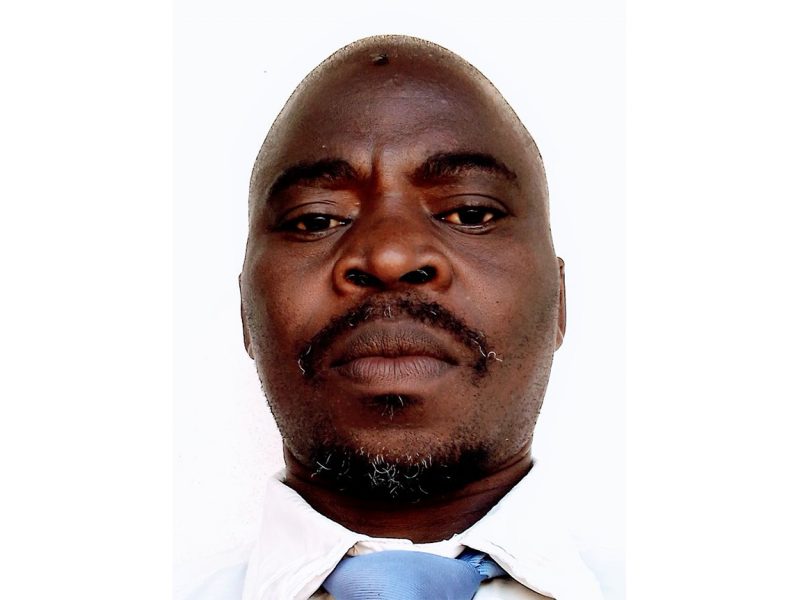
I am totemically munako Chileya, a proud Zimbabwean Tonga of the Chinamweemba…

I am a native Ndebele speaker. Born and bred in Bubi district, Matabeleland…
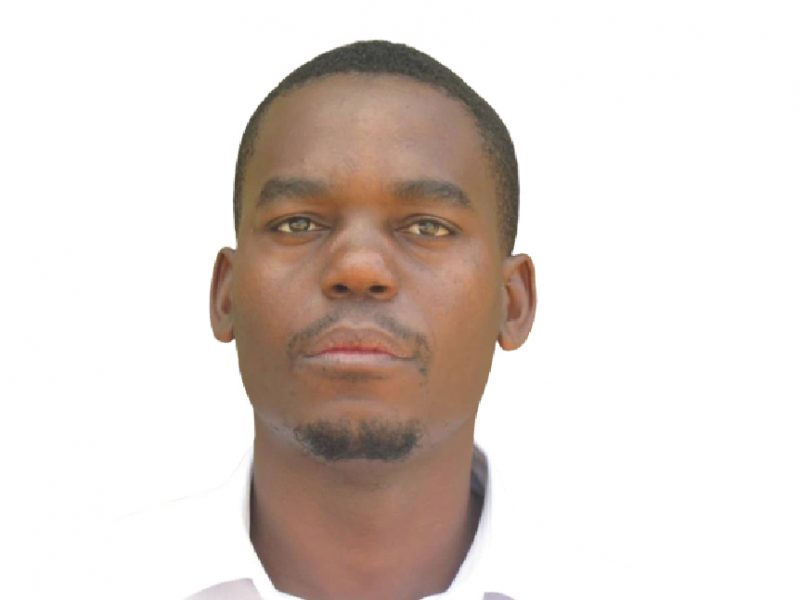
Primary school teacher From Makumbi in Plumtree. A holder of Diploma…
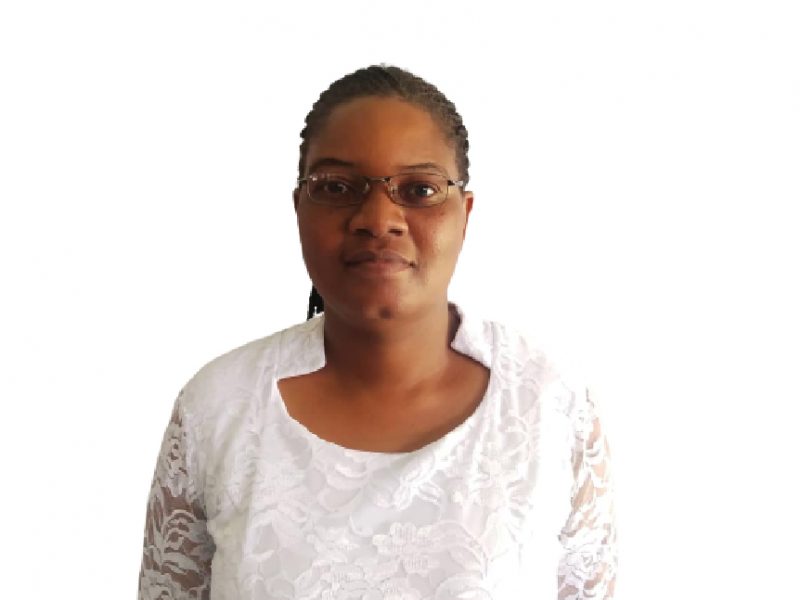
I am a qualified teacher in Bulawayo Zimbabwe. I am a proud Ndebele originally…
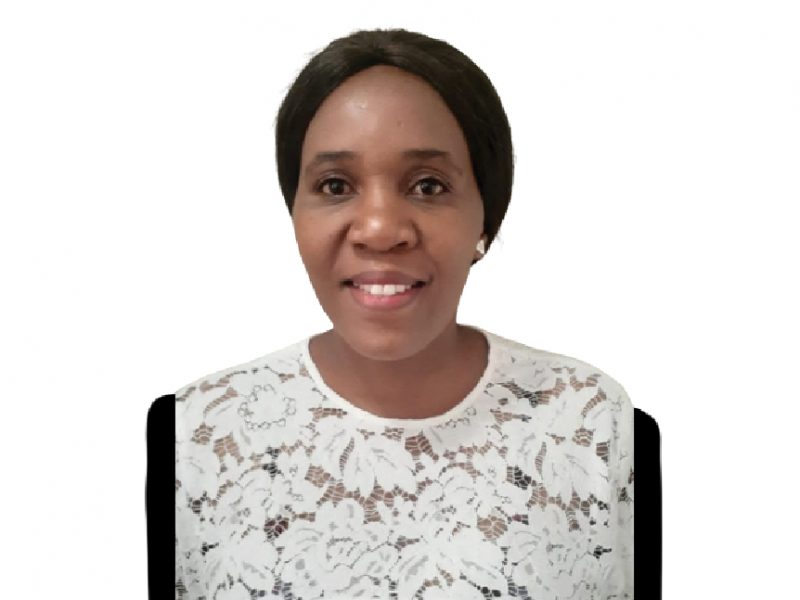
I was born and bred in Harare, a native Shona speaker of the…
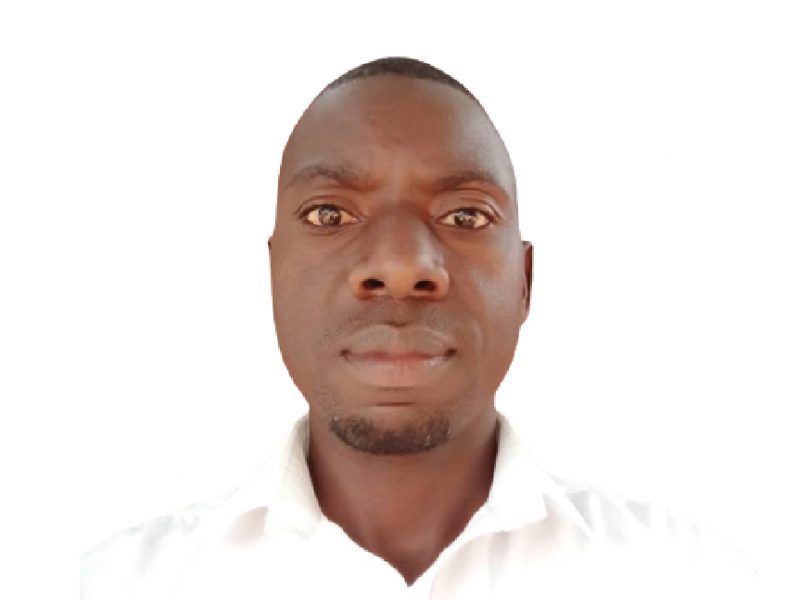
A native Tonga speaker, of the Chinamweemba dialect. Born and bred in Binga, Zimbabwe…
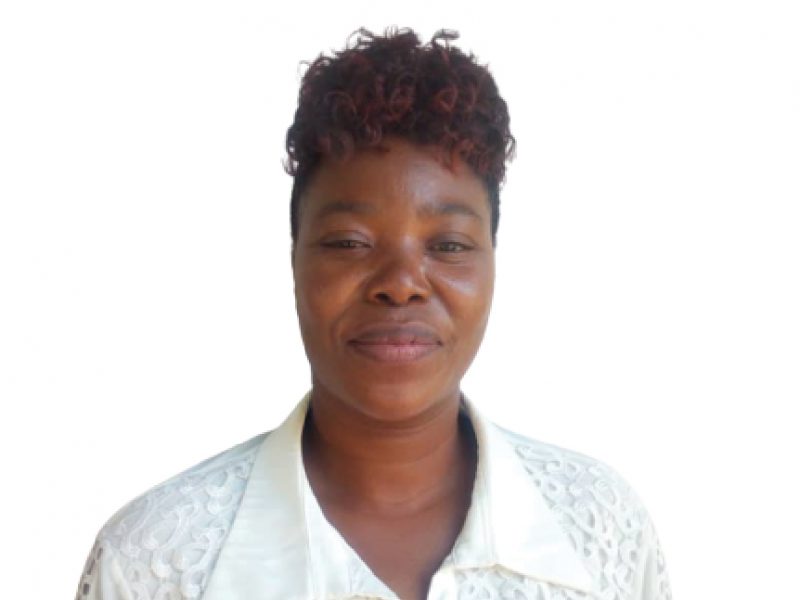
I am a qualified teacher in Bulawayo Zimbabwe. I am a proud Ndebele originally…

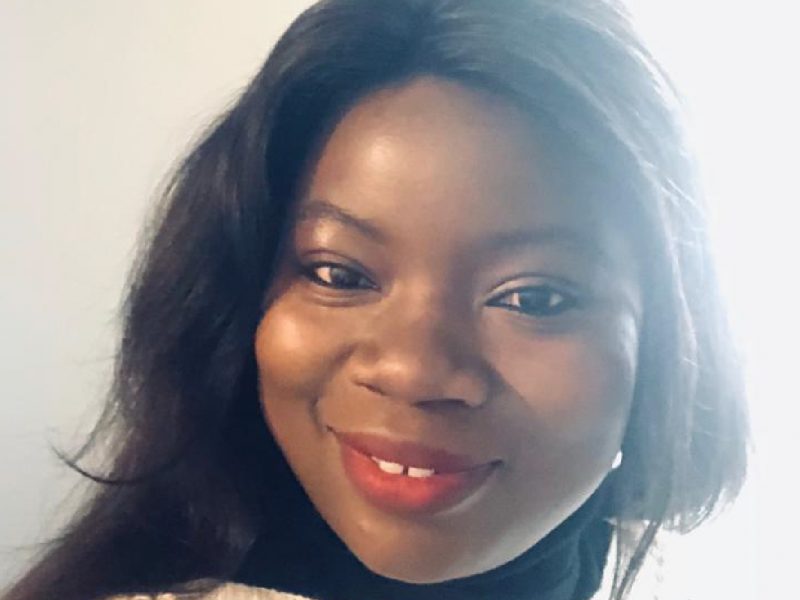
I have over 10 years’ experience as an Educator and student advisor in an African and Middle East Classroom…

